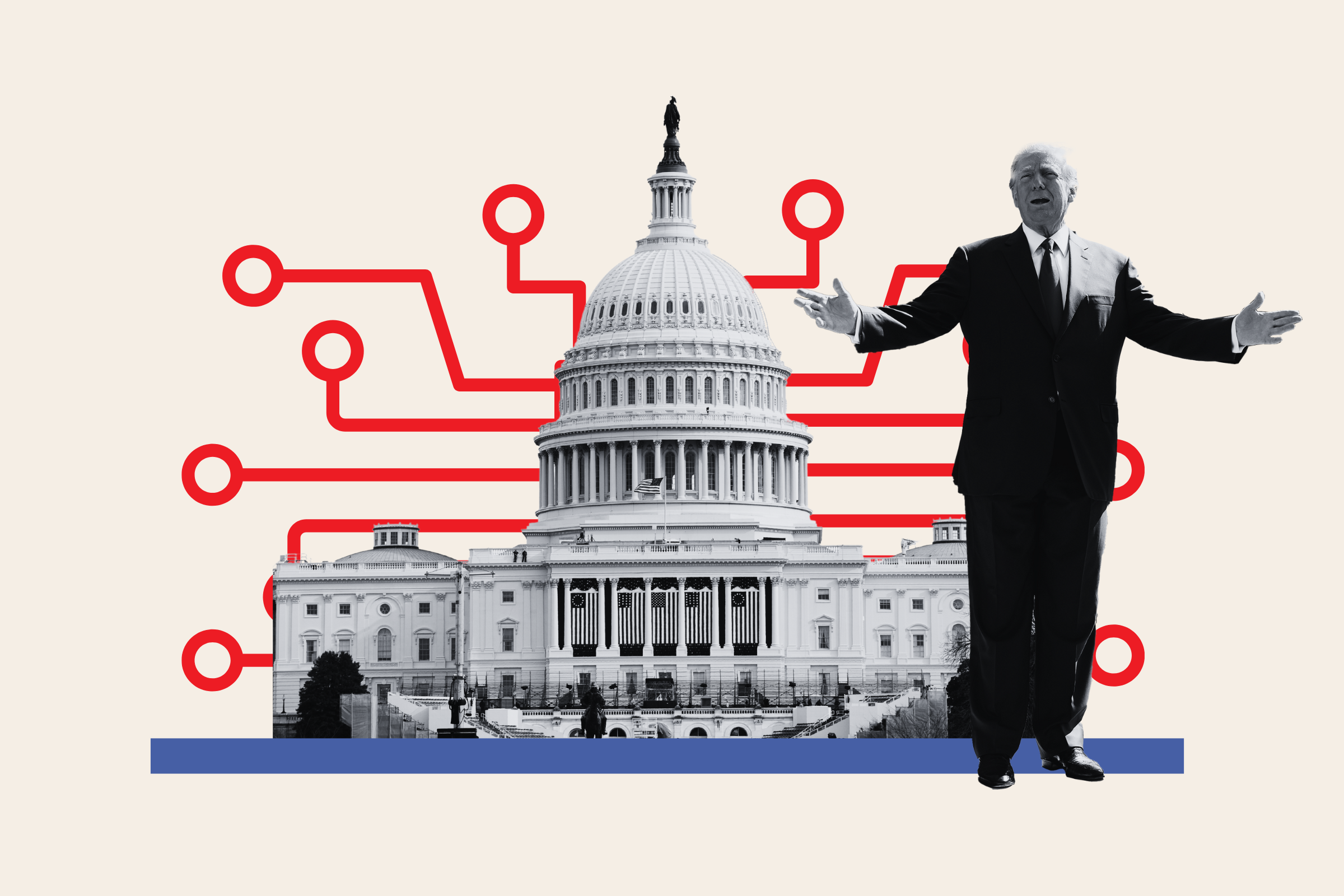A painting created by an AI-powered robot of British computer scientist and codebreaker Alan Turing has fetched $1.08 million at auction.
The astonishing amount marks a record sale for a piece of art created by a humanoid robot, and is sure to provoke discussion about the effect AI is having on art and how it is created.
The painting of Turing was created by Ai-Da, an AI-powered robot introduced by Briton Aidan Meller in 2019 as “the first ultra-realistic humanoid AI robot artist.”
Sotheby’s, which auctioned AI God: Portrait of Alan Turing on Friday, estimated that it would fetch up to $180,000, but the bids racked up, with the anonymous winner handing over more than $1 million for the piece.
Ai-Da, named after Ada Lovelace who is widely recognized as the world’s first computer programmer, comes up with ideas through verbal exchanges with her creators, and this time suggested painting an image of Turing during a discussion about “AI for good,” according to an AFP report.
The robot then selected the style, color, content, tone, and texture for the painting before processing a picture of Turing in preparation for painting the artwork. Using a robotic hand, Ai-Da is only able to paint on a relatively small canvas, and the final image was enlarged using a printer.
Turing made significant contributions to computer science, cryptography, and machine learning, most notably for his role in breaking the German Enigma code during World War II and for formulating the concept of the Turing machine, which laid the groundwork for modern computing and AI.
“AI God goes beyond a simple tribute, reflecting on Turing’s profound question: ‘Can machines think?’” Sotheby’s said on its website. “This query is fundamental to Ai-Da’s existence, as she embodies Turing’s vision of machine intelligence capable of simulating human thought.”
It described Ai-Da’s portrait of Turing as “a symbolic reflection on the blurred line between human and machine capabilities, particularly as she herself is a product of AI algorithms that allow her to draw, paint, and perform.”
Sotheby’s said that in creating the image, Ai-Da “honors Turing as a ‘god’ of AI — a figure whose insights made it possible for machines like her to enter domains traditionally reserved for human creativity.” It noted, too, that the sale puts Ai-Da’s artwork among those of famed artists past and present, marking a shift where machines are now part of the creative process. “Ai-Da’s art, therefore, invites viewers to consider both the promises and potential pitfalls of AI — a reflection on how technology can shape, and even redefine, human agency and creativity,” it said. “Her art compels us to confront the evolving definition of what it means to create, to think, and to be as AI becomes more integrated into society.”




















 English (US) ·
English (US) ·